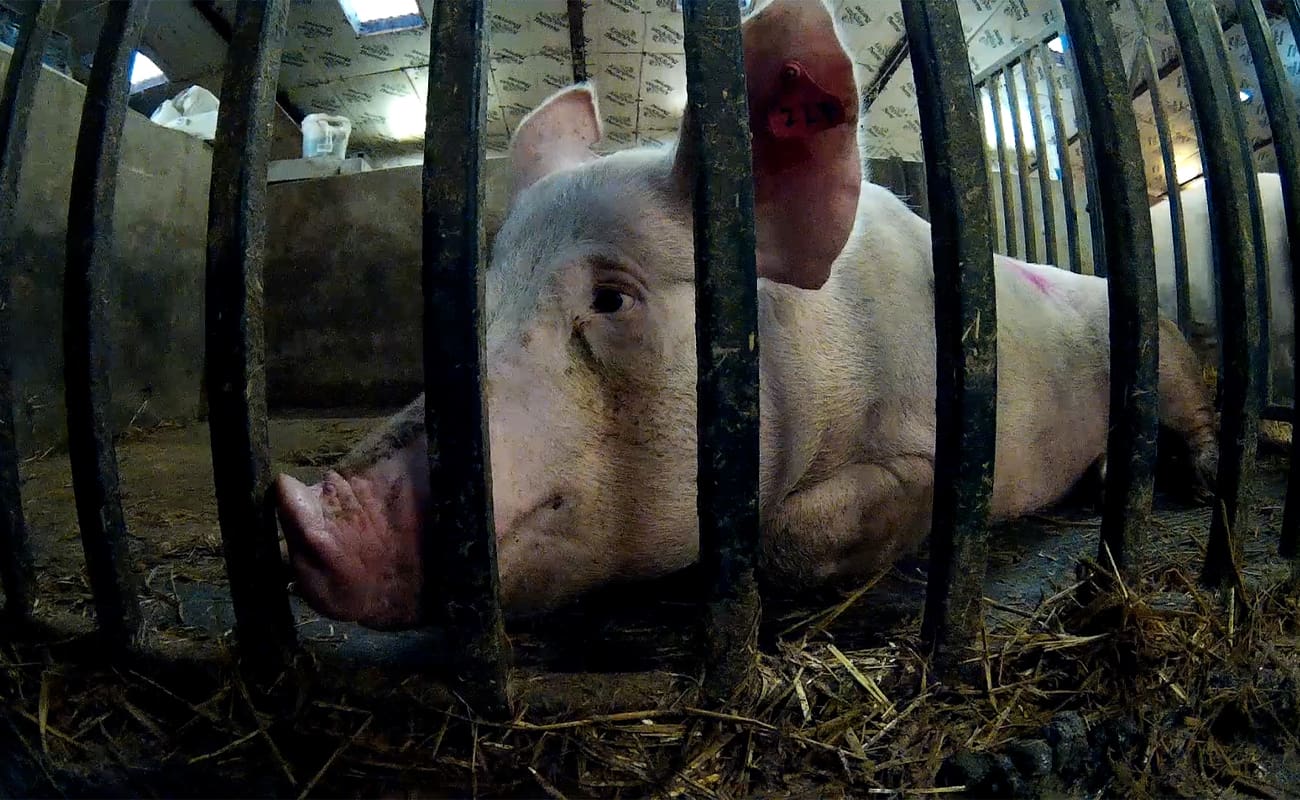Animal cruelty encompasses a wide range of practices where animals are subjected to neglect, exploitation, and intentional harm for human purposes. From the brutality of factory farming and inhumane slaughter methods to the hidden suffering behind entertainment industries, clothing production, and experimentation, cruelty manifests in countless forms across industries and cultures. Often concealed from public view, these practices normalize the mistreatment of sentient beings, reducing them to commodities rather than recognizing them as individuals with the capacity to feel pain, fear, and joy.
The persistence of animal cruelty is rooted in traditions, profit-driven industries, and societal indifference. Intensive farming operations, for instance, prioritize productivity over welfare, reducing animals to units of production. Similarly, the demand for products such as fur, exotic skins, or animal-tested cosmetics perpetuates cycles of exploitation that disregard the availability of humane alternatives. These practices reveal the imbalance between human convenience and the rights of animals to live free from unnecessary suffering.
This section examines the broader implications of cruelty beyond individual acts, highlighting how systemic and cultural acceptance sustains industries built on harm. It also underscores the power of individual and collective action—ranging from advocacy for stronger legislation to making ethical consumer choices—in challenging these systems. Addressing animal cruelty is not only about protecting vulnerable creatures but also about redefining our moral responsibilities and shaping a future where compassion and justice guide our interactions with all living beings.
Every year, over 100 million animals endure unimaginable suffering in laboratories worldwide, fueling a growing debate about the ethics and necessity of animal testing. From toxic chemical exposure to invasive procedures, these sentient beings are subjected to inhumane conditions under the guise of scientific progress. Yet, with advancements in cruelty-free alternatives like in vitro testing and computer simulations offering more accurate and humane results, the continued reliance on outdated animal experiments raises urgent questions about morality, scientific validity, and environmental impact. This article delves into the harsh realities of animal testing while highlighting actionable steps we can take to champion ethical research practices that protect both animals and human health


























































